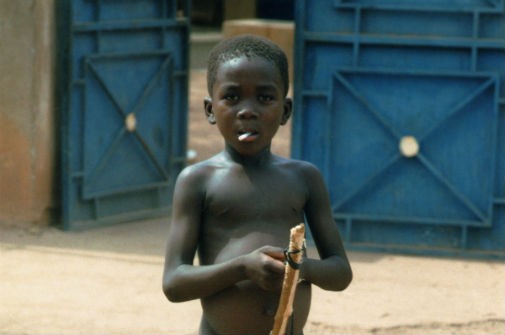
Children face a host of vulnerabilities. Those whose lives are affected by HIV/AIDS may be among the most vulnerable, and many of them have the potential to end up living on the streets outside of family care. These children are also often the most difficult to reach with services. Retrak’s mission is to work with street children and guide them back to family care, either their own families or foster families. To this end, Retrak, an NGO, works with street children in three countries with high HIV prevalence – Uganda, Ethiopia and Kenya – and with families who care for the children. Since placement is not always possible, Retrak offers services to empower street children to live safely and independently in the community. These services include medical care, counseling, education and emergency food and shelter.
Under the New Partners Initiative (NPI), a program of the U.S. President’s Emergency Plan for AIDS Relief, the U.S. Agency for International Development (USAID) funded Retrak’s work in Uganda and Ethiopia. NPI also helped Retrak build its capacity in management, finance, human resources and monitoring and evaluation. Its increased capacity, Retrak reports, “was the most significant achievement of this project.” Retrak credits NPI support with allowing its projects to more than triple the number of children it supports to more than 2,900 and place upwards of 400 children in caring homes. Further, NPI support has allowed Retrak to broaden its role in encouraging service providers to pay more attention to street children.
Retrak has improved its capacity by developing strong links to the governments of countries where it works. As one Retrak adviser observed, it used to be “more to itself” but is now a leader in supporting street children. As a result of Retrak’s increased collaboration and leadership, Ethiopia’s Ministry of Women, Children and Youth Affairs is planning to host a secretariat on alternative child care. Retrak is also involved with international advocacy bodies, such as the Beyond 2015 U.N. Working Group, and is fielding requests for technical assistance from organizations in countries beyond its current programmatic reach, including Cambodia, Colombia and Mozambique. Through such ties, Retrak has amplified its voice and become a key advocate for street children.







Comment
Make a general inquiry or suggest an improvement.